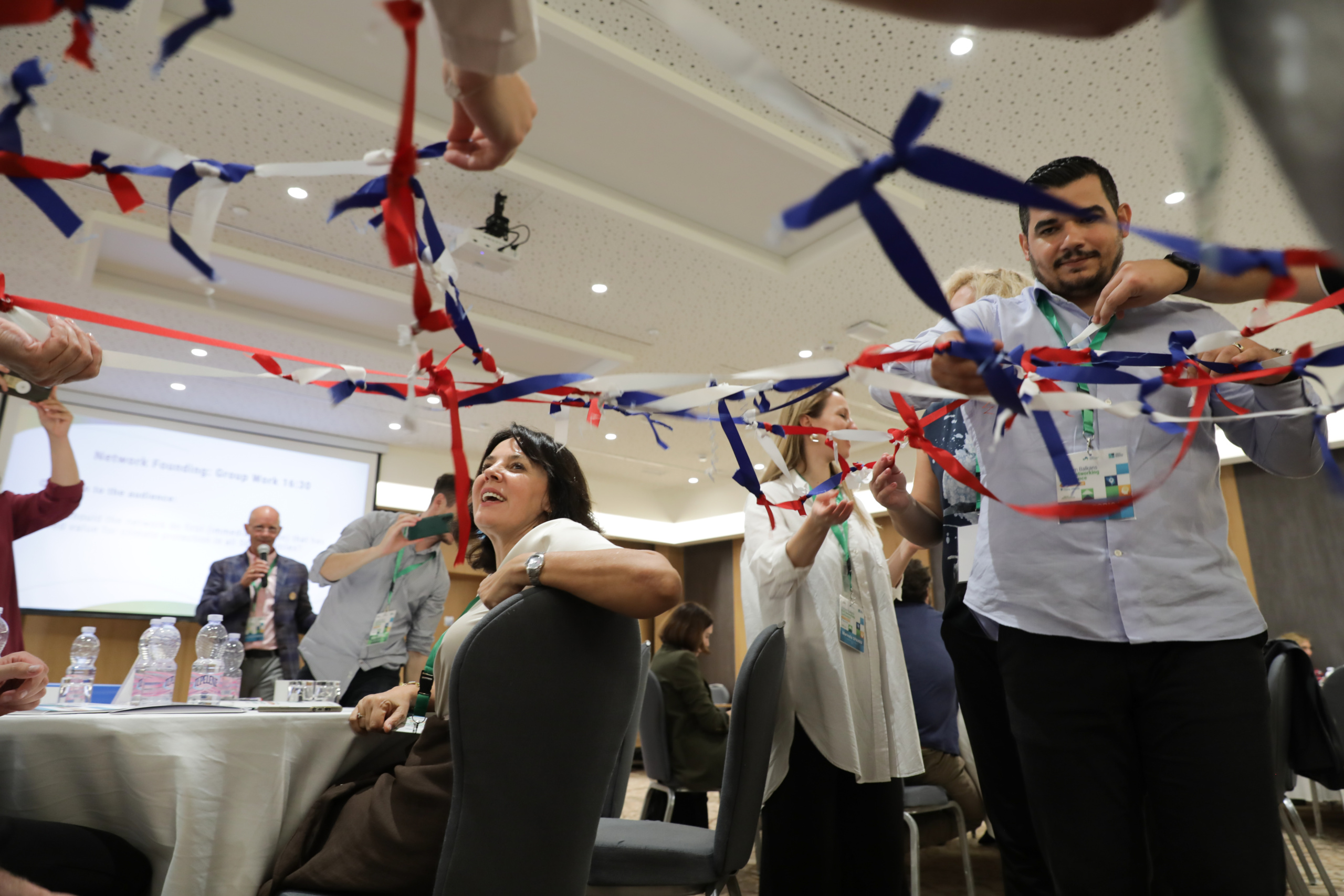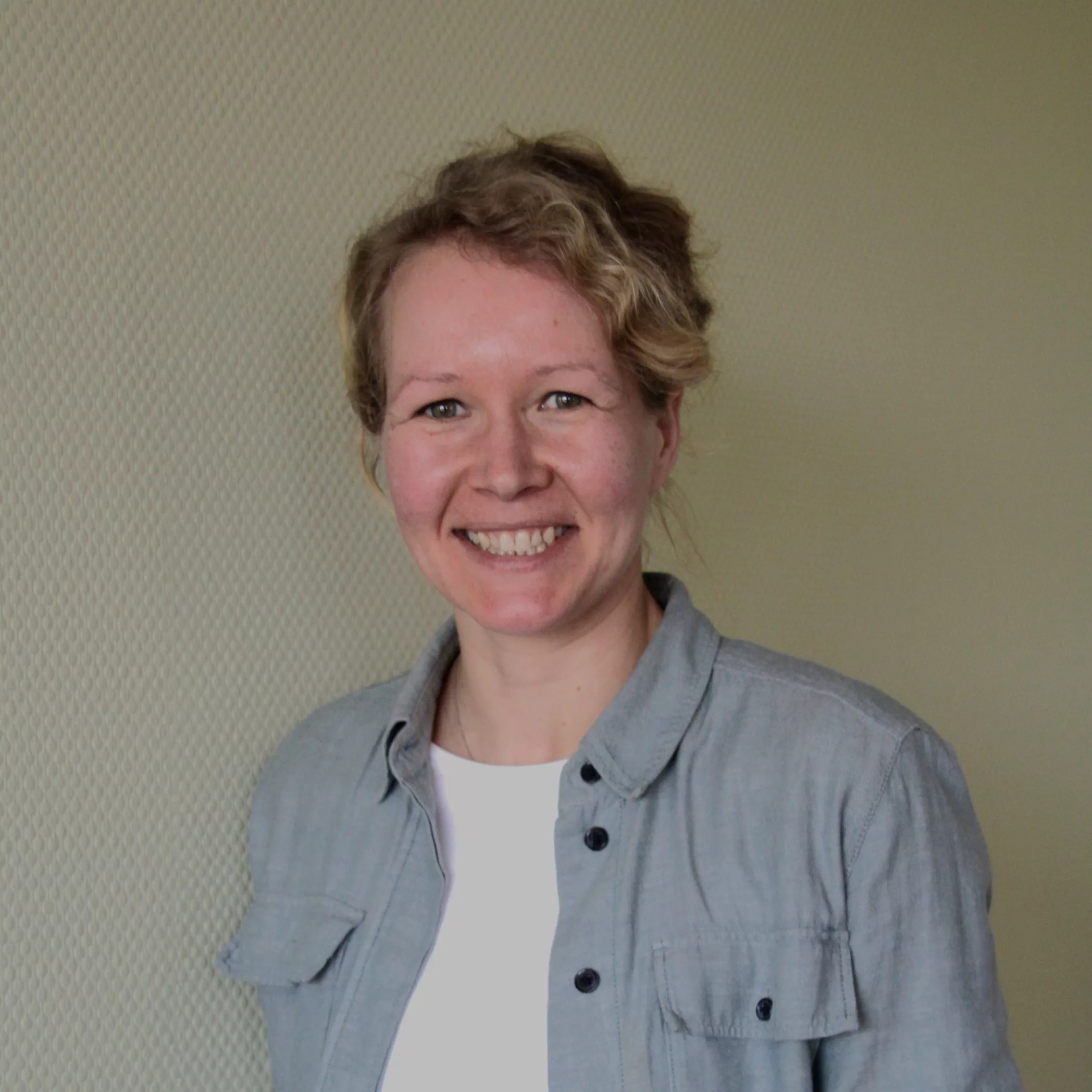How to Improve Climate Governance in the Western Balkans
by Sofia Shabafrouz, GIZ / EUKI
By signing the Green Agenda for the Western Balkans (GAWB) in November 2020 and establishing the GAWB Action Plan, the region has taken important steps forward on the climate action front. But how can the GAWB and its Action Plan be implemented in the six individual countries, and by whom? In this series of articles, EUKI takes a closer look at the status quo of climate governance in Albania, Bosnia and Herzegovina, Kosovo, Montenegro, North Macedonia and Serbia. We begin with an overview and a look at the recent activities of EUKI project Climate Bridges in the following article: Part 1/7 – The recently established Climate Bridges Network and its activities.

With the GAWB, the region has agreed to become carbon neutral by 2050 and to align its policies with the key elements of the European Green Deal. Despite being a political priority, implementation of climate change policies in these countries is still proceeding too slowly. There is thus a need to strengthen national and transnational dialogue and cooperation between civil society and local/national policy-makers from the six Western Balkan countries. This is where the EUKI-funded Climate Bridges project comes in. Launched in 2021, it aims to build a strong and interconnected network of many stakeholders in South-Eastern Europe working to tackle climate change. This network was established at the Western Balkans EUKI Networking Conference in late September 2023 and is currently seeking additional funding and members. The project aims to bring together like-minded people in the region working in the field of climate change and addressing similar challenges so that they can share their experiences and knowledge and find help where they need it. Participating members from Croatia to Greece, including GO2 Albania – Sustainable Urban Planning Organization, Junior Achievement Macedonia and WEnCOOP, Greece, are working on various GAWB topics.
Two recent initiatives of the Climate Bridges project are an analysis of the region and a workshop for the network.
Analysing climate governance in the Western Balkans
The Climate Bridges project published an analysis of current climate governance in the Western Balkans and Croatia, along with a capacity development plan. The authors of the analysis concluded that, despite being at very different stages in their EU accession processes, the countries share many structural challenges. Here is an overview of the challenges identified and the policy recommendations formulated for the transnational level, which can also be applied at national level:
Putting the network into practice
The paper served as the basis for an open workshop on improving climate governance in the Western Balkans, hosted by the Climate Bridges project on 23 January and attended by 26 representatives from different organisations. Following a short presentation of the paper’s findings, three further speakers provided food for thought and discussion concerning the main obstacles to better cooperation between CSOs and governmental bodies, ways to overcome these challenges, and good practices. In her presentation, Irena Tadic from Montenegro, now an independent consultant who has worked for private companies and government institutions, said: ‘One major problem is that not enough information is shared, and data often comes from unreliable sources. This creates mistrust.’ Violeta Philippitsch, Senior Manager for South-Eastern Europe at the Environment Agency Austria, shared her observations from an outside perspective, while her colleague Laura Hohoff presented good practice for CSO involvement from her previous work in the Vienna Climate Team. The presentations and key questions were discussed in greater depth by the participants in interactive breakout sessions.
The project’s funding runs out at the end of February, but the project team will apply for new funding. ‘The network has been established, but the difficult part is still ahead of us. The members have to get to know each other, create an atmosphere of trust and define structures for their common goals if they are to put the network into practice successfully,’ says Paula Duske.
The Climate Bridges Network will hold a kick-off workshop on 14 February. As a bottom-up initiative, network members will decide what they want to achieve in 2024, map their priorities and gather ideas for an initial campaign. Any interested individuals and organisations are welcome to join the network and register for the workshop.

